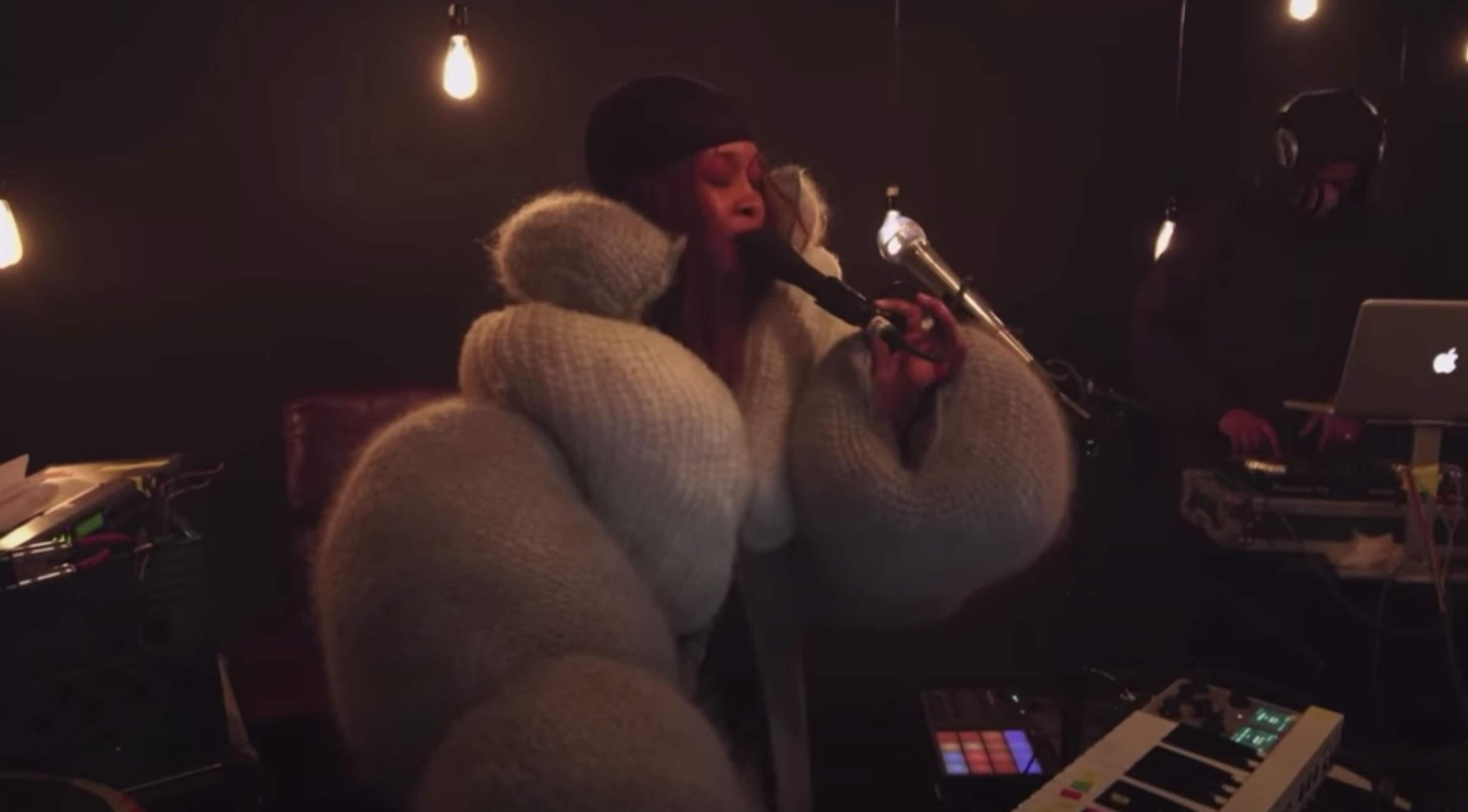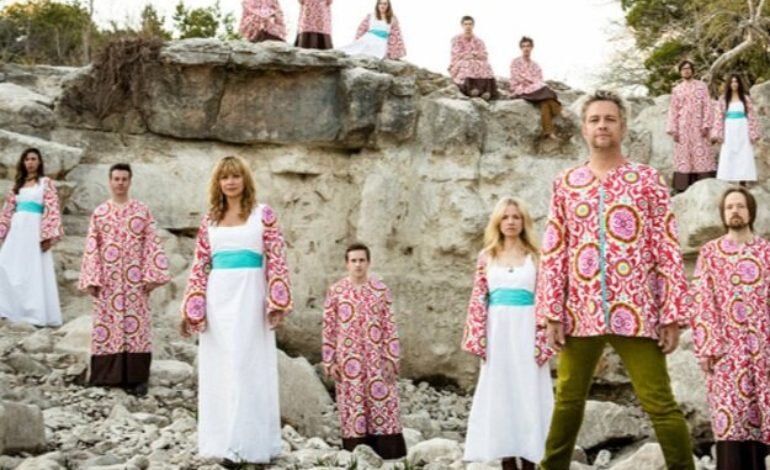Recent Deaths Bring Coronavirus Home

Cristina
The deaths of John Prine, Hal Willner, Ellis Marsalis, and the less-known Cristina put voices and faces on loss.
On Wednesday, we learned that we had lost Ellis Marsalis and Adam Schlesinger to the Coronavirus. On Thursday, I ran across a news story on the death this week of Cristina Monet-Palaci, also due to COVID-19. Monet-Palaci’s name may not ring a bell, but she recorded a handful of releases in the early 1980s including her remake of the Leiber/Stoller song “Is That All There Is?” She recorded under the name Cristina for Ze Records, a label that brought together New York’s disco, new wave, punk and avant-garde communities.
She was the kind of talent that could have only happened in New York City at that time, performing with the persona and gallows humor of a jaded socialite en deshabille, sing/speaking with more attitude and personality than musical precision. I liked “Is That All There Is” but loved “Things Fall Apart” from Ze’s A Christmas Record. The album also included The Waitresses’ “Christmas Rapping,” and those two songs stood out because they were unlike most Christmas songs in that there were no kids or family in them. They were songs by and for people who went to clubs, and the relationship she described in it could only come from that world. At one point, she deadpanned:
My boyfriend said, “It’s really sweet the way you go for Christmas cheer.”
I said, “We can’t afford the tree.”
He said, “Love is free,”
so we trimmed the cactus with my earrings that we’d meant to pawn.
There wasn’t any snow
but there was rain
He licked me like a candy cane
and then one day he said, “I can’t stand in your way—it’s wrong.”
“Way of what?” I asked, but he was gone.
I can make a claim for Cristina’s significance and point out that she added heavy, distorted rock guitar to dance music a full year before “Beat It,” but really, she wasn’t a revolutionary or a game changer. Her two albums are charmingly eccentric but entirely tied to their time and place, so if this is the first time you’ve heard of Cristina, it’s not a failing on your part. Everyone who likes music has a Cristina—someone who resonates with them for specific, idiosyncratic reasons. If I didn’t have a Google alert for Christmas music news for my 12 Songs of Christmas podcast, I likely would have missed Monet-Palaci’s death.
Cristina is an unlikely place to start a piece about musicians who have died due to Coronavirus. The passing on Tuesday of John Prine (who I interviewed in 2002) and producer and music supervisor Hal Willner would seem more logical. But my sense of fair play hates that her passing has got so little attention, and I know Prine and Willner’s deaths will get the recognition they deserve. If she seems like a random choice, that’s okay. The randomness with which the Coronavirus has taken musicians has helped me appreciate the scope and nature of the devastation in a way that the numbers alone don’t. As of this writing on Tuesday afternoon, more than 10,000 people have died, and when the numbers get that big, my sense of what we lost when they died lacks specificity. Their deaths serve more as a scoreboard than a document of loss. In the battle of Us vs. Coronavirus, they tally up how we are doing.
If pressed, I can process some of the numbers. The CDC’s low-end estimate for America’s Coronavirus death toll is 100,000 people—that’s the approximately attendance on a Saturday at Jazz Fest plus one well-attended concert at the Smoothie King Center. The high end is 250,000—a three-day weekend at Jazz Fest. Those visualizations are pretty ghastly, but they’re still a little abstract because the Fair Grounds represents a lot of space, and I have to add multiple audiences together to start to see them.
For me, the list of musicians that have died hints more effectively at the scope of Coronavirus’ reach because they read like a truly random sampling. Nothing unifies them—not style or genre or levels of success. Not age (though most are older), not race, and not gender (though most are male). The Coronavirus isn’t judging the country and scrubbing away the weak. There’s no moral. The virus is simply taking people, including people with faces, voices, and music we have known (some better than others). We’ve already lost Ellis Marsalis, Adam Schlesinger (see Carl Wilson’s excellent appraisal of Schlesinger’s art in Slate), Cristina, country singer Joe Diffie (Holly Gleason wrote a moving recollection of Diffie), Afro-Jazz sax player Manu Dibango, trumpeter Wallace Roney, songwriter Alan Merrill (“I Love Rock and Roll”), New Orleans’ DJ Blaq N Mild (not to be confused with the BlaqNMild who produces bounce tracks with Big Freedia among others), and on the weekend, jazz guitarist Bucky Pizzarelli. Billboard listed musicians that have contracted Coronavirus, and it is no less random: Jackson Browne, Scarface, Asleep at the Wheel’s Ray Benson, Cardi B producer Andrew Watt, Slim Thug, singer/songwriter Charlotte Lawrence, Placido Domingo, and Bon Jovi keyboard player David Bryan among others. Other sources say Marianne Faithfull has also contracted COVID-19.
Musicians’ deaths are no more meaningful or tragic than any of the other 10,000, but they and our friends and loved ones who have died due to the Coronavirus make it easier to remember that the stats we see represent real people, and all of these losses leave a mark. “Things fall apart / but they never leave my heart.”
Creator of My Spilt Milk and its spin-off Christmas music website and podcast, TwelveSongsOfChristmas.com.






